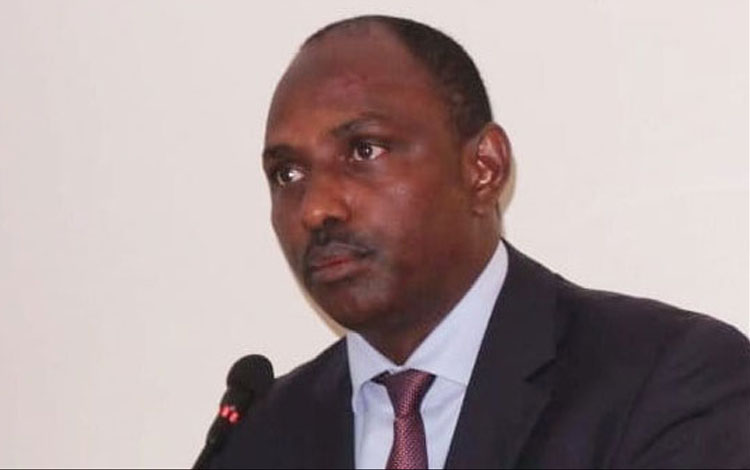Mr. Ukur Yatani is the new finance minister of Kenya. He was earlier the labor minister. His appointment came a day after the earlier incumbent Henry Rotich was arrested on charges of corruption. Yatani is a former lawmaker , who served as ambassador to Austria and a regional governor before being appointed to the cabinet last year.
While thanking President Kenyatta for his elevation as the finance minister, Mr Yatani, said he would focus largely on the Big 4 Agenda. The pillars of the Big 4 agenda announced by the President Kenyatta recently are the expansion of the manufacturing sector, affordable housing, affordable healthcare and food security.
Mr. Yatani hails from northern Kenya and is the top official to hold a high profile ministry like the National Treasury from that part of Kenya. He held various important positions such as North Horr MP between 2006 and 2009, Kenya’s ambassador to Austria, permanent representative to the United Nations in Vienna, Assistant Minister of Science and Technology and Marsabit Governor. A former Council of Governor’s chief whip, Yatani is hailed for his ability to judiciously blend administrative, political and diplomatic skills. He holds a degree in economics and sociology from Egerton University and a master’s in public administration and public policy from the University of York in the UK. Mr. Yatani is a Kenyatta loyalist and his appointment may not go well with Kenyatta’s arch-rival Deputy President William Ruto’s camp. There are also reports that Mr. Yatani’s appointment may be a stop-gap arrangement till they find out another person to cruise the delicate economy in this difficult trajectory.
Charges against Henry Rotich may precipitate into a political war of attrition between President Kenyatta and his deputy William Ruto. Rotich has been the finance minister since 2013. The main charge against him is the irregularity in floating and awarding tenders for the construction of two dams. He has denied the charges, telling that they were fabricated and misconceived. The arrested minister is one of the 26 people facing charges related to the project and is now out on bail.
An Italian construction company – CMC di Ravenna – is also implicated in the corruption case and is being investigated. The company denied any wrongdoing and said it would cooperate with the investigation. The main accusation against the perpetrators of the crime is that they had inflated the cost of building the dams and shared the ill-gotten money amongst the wrongdoers. Importantly, works on the two dams have to yet to begin. The two dams are estimated to cost 46 billion shillings (US$446 million). But the treasury borrowed 63 billion shillings instead, leading to an increase in the country’s public debt, which now stands at a whopping 55% of GDP.





